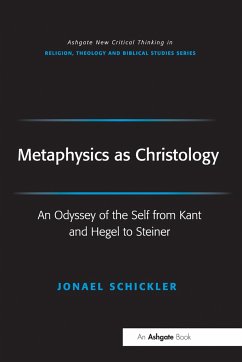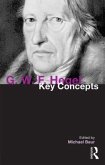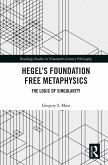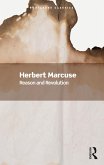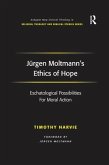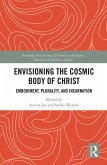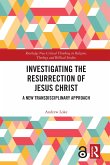In Metaphysics as Christology, Jonael Schickler presents a major contribution to both philosophy and theology. First he examines the key philosophical problems with which Kant and Hegel grappled, and finds in the work of Rudolf Steiner the essence of a solution to them; he claims that Steiner returned to Hegel's philosophical problems but was better able to solve them. Schickler uses these philosophical debates about knowledge and truth to understand the significance of Christ. Building on the work of Hegel, Schickler argues that Christ has made possible the developments in human consciousness that restore humanity's relationship to the surrounding world. This is a bold and rigorous work that opens up new directions in both philosophy and theology. Fraser Watts contributes the Foreword and George Pattison an extensive Preface.
'The author, Jonael Schickler, was killed in the Potters Bar rail accident just as he was completing this manuscript. The script he left behind is a work of high academic calibre that reflects the extraordinary intellectual ability of its author. It develops a highly original argument, grounded in a philosophical consideration of Kant and Hegel, but developing a resolution of their philosophical legacy in a way that, influenced by Rudolf Steiner, the author argues has Christological significance. The intellectual brilliance and charismatic personality of the author, the originality and intellectual seriousness of his work, and his tragic and untimely death, all combine to make this book the focus of considerable interest'. Fraser Watts, Queen's College, Cambridge. 'Schickler's book is excellent in many respects... His one hundred pages of Hegel exegesis meet the highest of standards... anybody who is interested in the contemporary debate on the relationship between Kant and Hegel or the question of a general ontology discussed in terms of German Idealism will benefit from reading this book. And anybody who enjoys new perspectives on the history of ideas will be given food for thought, too... I can wholeheartedly recommend his elegant and original book. His untimely death is a great loss for the scientific community which is always in need for surprising ideas, so that his book deserves a wide readership.' Ars Disputandi

